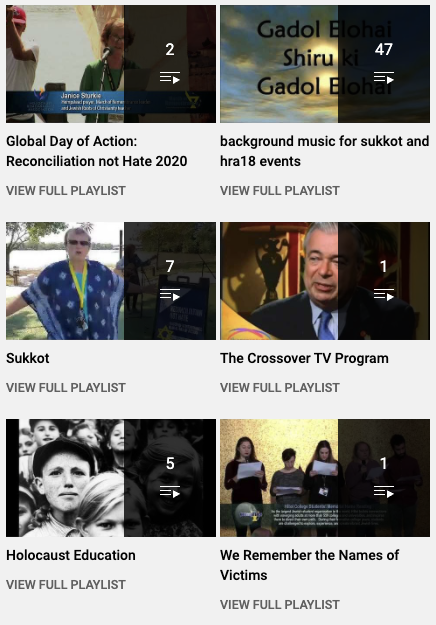Let’s all give a big shout-out to the “Globalize the intifada” crowd. You got your way! Congratulations. Hope it feels good.
For years, citizens of Israel have had maniac jihadists driving at them and trying to mow them down on their streets. But this got only cheers from the dolts on US college campuses and New York street protesters.
Then, just before Christmas, Germany again got a taste of this “intifada.” That was when a Saudi immigrant decided to plow a vehicle through a previously happy Christmas market. He killed five people and injured almost 200.
Then, on New Year’s, it was America’s turn again.
This time, the wishes of the students at Columbia and other college campuses arrived on the streets of New Orleans. A man carrying an ISIS flag drove a pickup through New Year’s revelers, killing 14 people and seriously injuring dozens more. The FBI is looking into his network of contacts.
There are several things to say about all this.
The first is that although many people hoped the threat of jihadist violence had diminished, it has not gone away. With jihadist groups running Afghanistan and Syria, among other countries, they are back in control of vast areas, as they were before 9/11.
After the 2001 attacks on this city, America vowed there should be no safe havens for terrorists. That included ungoverned or Islamist-governed spaces abroad where terrorists can be trained and then come to the United States and other Western countries and carry out attacks.
Such spaces were indeed reduced by US and allied forces in the years that followed. But they have come back. Today Afghanistan, Syria and Yemen (to name just three countries) are places where jihadists can train and learn battlefield tactics. Our intelligence agencies and military need to keep a close eye on these places and strike when needed.
The second thing is that it is obvious that a considerable campaign of recruitment inside the United States is still ongoing. The New Orleans terrorist appears to have been radicalized while in the United States. Whether that was online or via a network within the US will soon be learned.
But we should hope that the full force of the law — and law enforcement agencies — comes down on any and all such groupings.
Many in the intelligence community and the police are indeed working hard on such cases. But there is a societal torpor about this work.
If the New Year´s Eve attack had not been jihadist, but had — for instance — been some far-right white supremacist, every corner of our media and politics would be rightly lining up to demand answers. We would be asking who the people were who had put such a person up to such an attack. Who had helped him? Who had encouraged him? Who had said it was all right — in fact good — to do such a thing?
Even after almost a quarter of a century, it is still different with jihadists. There are too many people who think that there are “cultural sensitivities” that have to be respected. People talk about making sure that whole communities are — rightly — not smeared by association.
Yet if people are worried about guilt by association, why not cut that out by being very clear indeed about the sort of people, including Muslims, who do in fact encourage terrorism?
Take the most prominent Muslim group in the United States — the Council on American Islamic Relations. As well as being an unindicted co-conspirator in past terrorism cases, CAIR´s leadership is still full of people who are not anti-terror, but actually pro-terror.

